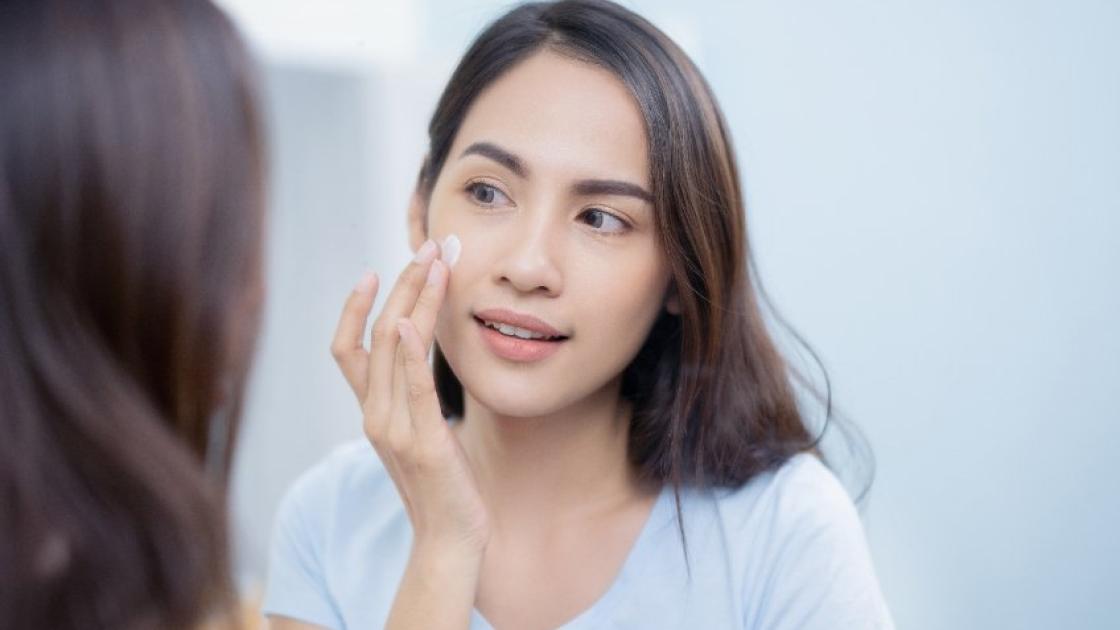
The young person’s guide to prevent aging
If there's something about your physical appearance that you'd like to change, plastic surgery may be a great option for you. However, one of the most common reasons why people end up seeking plastic surgery—to look younger—can also be addressed by taking better care of your skin in your day-to-day life.
If you're still in your 20s or 30s, now is the perfect time to start building those healthy skin habits and slow the skin aging process. Prioritizing these seven strategies will help your skin look and stay more youthful, radiant and healthy.
1. Quit bad skin habits now
When we're young adults, it's easy to overlook how unhealthy habits like smoking can harm our skin. This is because signs of skin damage like wrinkles and fine lines can take time to develop.
Help your future self avoid wrinkles and other signs of premature aging by breaking these common skin-harming habits now. Stop:
- Smoking
- Excessive alcohol consumption
- Excessive exfoliation
- Over-washing
- Picking at spots, scabs and blemishes
- Tanning beds and sun tanning
- Using products with harsh chemicals
2. Use a daily moisturizer with sun protection
People in their 20s and 30s who use a daily facial moisturizer can expect to notice healthier, more hydrated skin. Moisturizing daily also helps prevent excessive oiliness or dryness.
Look for a daily moisturizer featuring sun protection. The American Academy of Dermatology recommends using broad spectrum products with at least SPF 30. Some people prefer to use mineral sunscreens that contain ingredients like zinc oxide or titanium dioxide, which physically block and reflect ultraviolet radiation from the sun. Other sunscreens use chemicals to prevent sun damage by absorbing UV radiation and then converting it into heat.
3. Learn how to cleanse your skin properly
Wash your face with a gentle cleanser and warm water once or twice per day. Avoid excessive washing, as this can cause dryness, redness and irritation. To further reduce the risk of skin irritation, gently pat your face dry with a soft towel (avoid rubbing).
Be sure to cleanse your face every night—yes, even if you're tired! Building this habit now makes sure your skin is free from dirt, grime, oil, bacteria, makeup and other debris each night and can help prevent clogged pores and breakouts.
You can also help keep your skin clear by regularly cleaning high-touch objects that come in contact with your face, including pillow cases, cosmetic brushes and cellphones.
4. Develop a self skin-check routine
Melanoma, a type of skin cancer, is one of the most common types of cancer affecting people under the age of 30. Getting diagnosed early might improve your outcomes and can help you get treatment sooner.
This is why it's important to check your skin on a routine basis starting by your 20s or 30s. The American Cancer Society recommends checking your skin right after a bath or shower using a tall mirror and handheld mirror in a well-lit room. Look at all areas of your skin, searching for any unusual signs including scaly red patches, wart-like growths, new, growing or irregularly shaped moles and non-healing sores.
Your doctor can help you determine how often you should perform skin-checks, which may depend on factors like your skin type, ethnicity and family history.
5. Be sun smart
In addition to applying a daily moisturizer with SPF, now is the time to develop other sun-safe habits for your skin. This includes:
- Wearing a wide-brimmed hat and sunglasses on sunny days
- Seeking shade when spending time outside
- Avoiding excessive sun exposure, especially between the hours of 10 a.m. and 4 p.m. when UV radiation is the strongest
- Staying well-hydrated
6. Assess your overall lifestyle
It's never too late to make healthy lifestyle changes. But when you start making healthier choices in your 20s and 30s, the beneficial effects of these choices will accumulate over time. Plus, it might be easier to stick with these habits well into your later years by developing them now.
The good news is, many of the things that can benefit your skin can benefit your overall health, too. This includes eating a nourishing diet, learning how to manage stress, exercising regularly and getting enough sleep.
7. Visit a dermatologist
A dermatologist can help you enjoy healthier, younger-looking skin by:
- Performing a professional skin examination to look for any concerning areas
- Helping you understand your unique skin health risks
- Educating you about optimal skincare products and routines for your skin type
Do you have skincare concerns?
Did you know SIU Medicine offers plastic surgery in central and southern Illinois? In addition to our advanced adult and pediatric plastic surgery services, we also feature a comprehensive Plastic Surgery Residency Program to ensure our future generation of plastic surgeons have the skills, knowledge and training necessary for excellence.
If you're a young adult and want to learn more about our plastic surgery or dermatology services, visit siumed.org/doctor.




